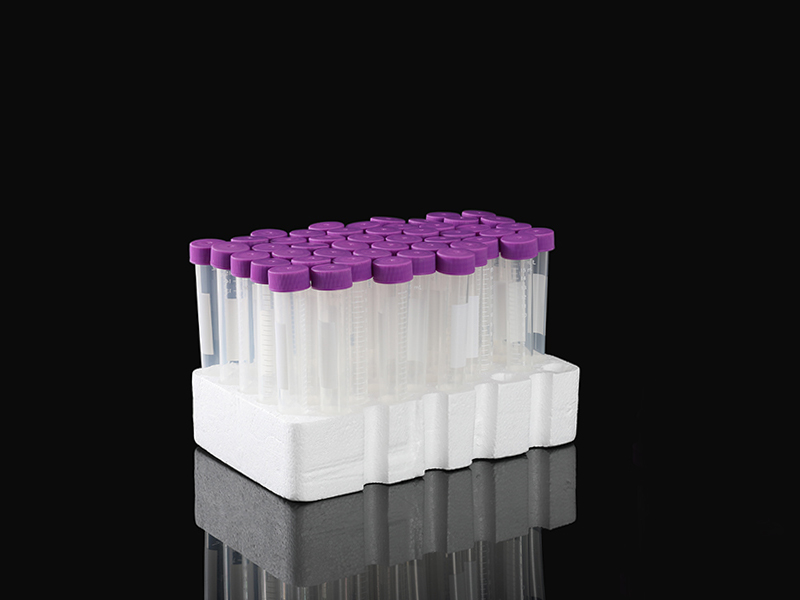If you are in need of a centrifuge tub, you have come to the right place. There are many options available, and choosing the right one is vital to your experiment's success. Read on to learn more about different types, including non-sterile and sterile tubes, Polypropylene, and Conical tubes. The following information will help you choose the right one for your needs. You can even use these tubs to store your samples in.
Polypropylene
The centrifuge tubs are made of high-molecular-weight polypropylene, and feature a non-pyrogenic, sterile interior and a recessed, screw-top lid for leak-proof sealing. They also feature a frosted writing surface for permanent labeling or identification. These tubs are autoclavable to 121degC and have a tensile strength of six kilograms per square centimeter.
Peltier cooling
The concept behind Peltier cooling in a centrifuge tub is straightforward: a thermoelectric device attached to the center of the centrifuge, known as a Peltier effect thermoelectric device, draws energy from a thermal specimen under the centrifuge and transfers it to a storage device to be used as a heat sink. This cooling device has two main parts: a support arm and an electrical contact.
Non-Sterile tubes
The tubes are suitable for sample storage and high-speed centrifugation. These tubes feature diamond-finish production moulds, which ensure a smooth and high-clarity internal surface. They are available in bulk cases of 500 tubes. The caps are frosted to prevent cross-contamination.
Conical tubes
When you're in the lab, you'll likely use conical tubes. They have a smooth inner wall, are easy to read, and can be stacked in a rack for organization. The conical bottom allows easy identification of individual tubes, and a screw cap lid provides added security for delicate samples. You can also get conical tubes with easy-to-read graduations. You can find sterile centrifuge tubes in packages of 25 or 500, and most conical tubs come with color strip labels for easy identification.
Glass tubes
Whether you're looking to separate crude oil, basic sediment, or water, L-K Industries offers a glass centrifuge tube that meets your needs. These reusable tubes feature graduated marks for increased visibility and durability. They're also checked for quality assurance to guarantee a long life.
Plastic tubes
Biomedical research relies on single-use plastics like plastic centrifuge tubes and conical tubes. These materials play an essential role in all aspects of research. Researchers are rerouting precious time from cleaning and sterilizing reusable laboratory materials into plastic waste disposal. Because many plastics are in direct contact with toxic and non-hazardous chemical solutions, proper disposal of these materials is essential to the success of the research.


Vacuum centrifuges / Concentrators
A vacuum centrifuge is a device used to concentrate aqueous or alcoholic solutions. These machines also help to prevent foaming and bumping of the sample. They come with four temperature settings to process different types of samples. Unlike other centrifuges, this instrument releases its vacuum automatically before turning off. Its rotor can hold tubes ranging in size from 1.5 to 2 mL. The rotor can be stacked two high for double throughput.

 简体中文
简体中文











